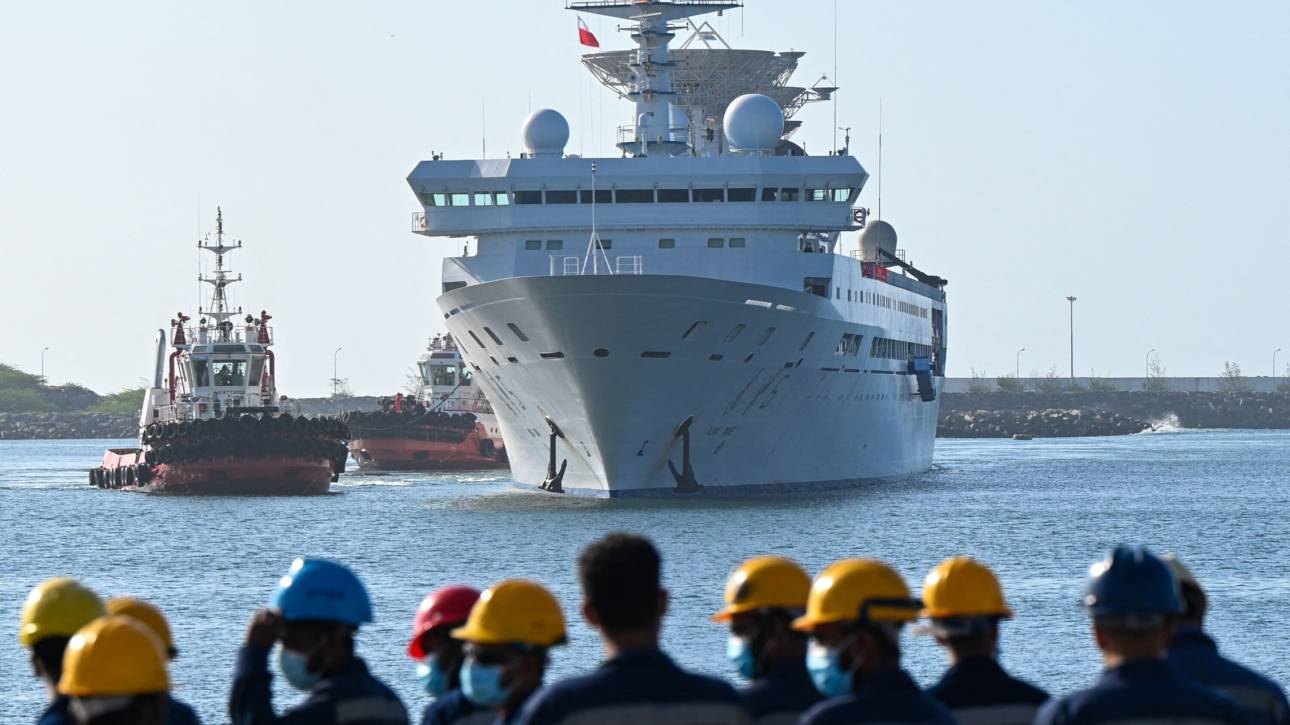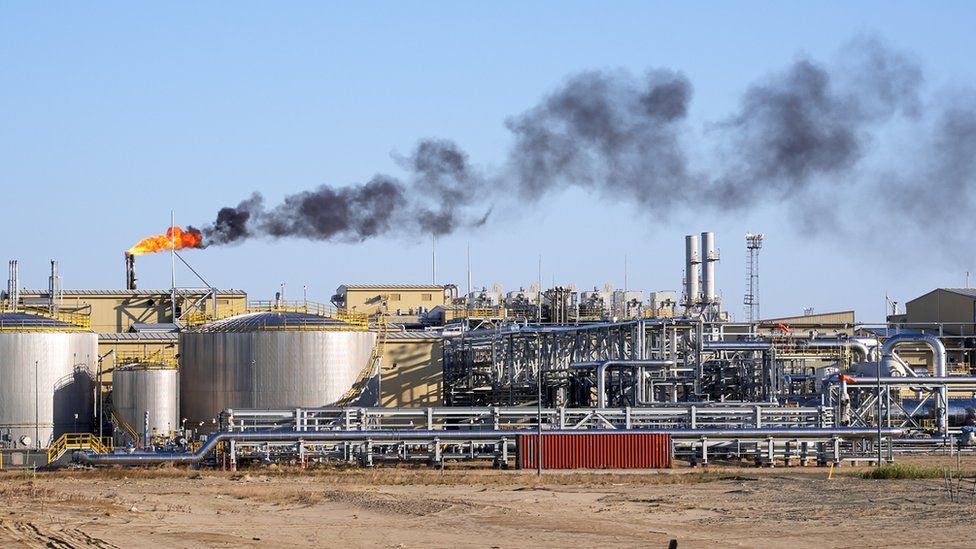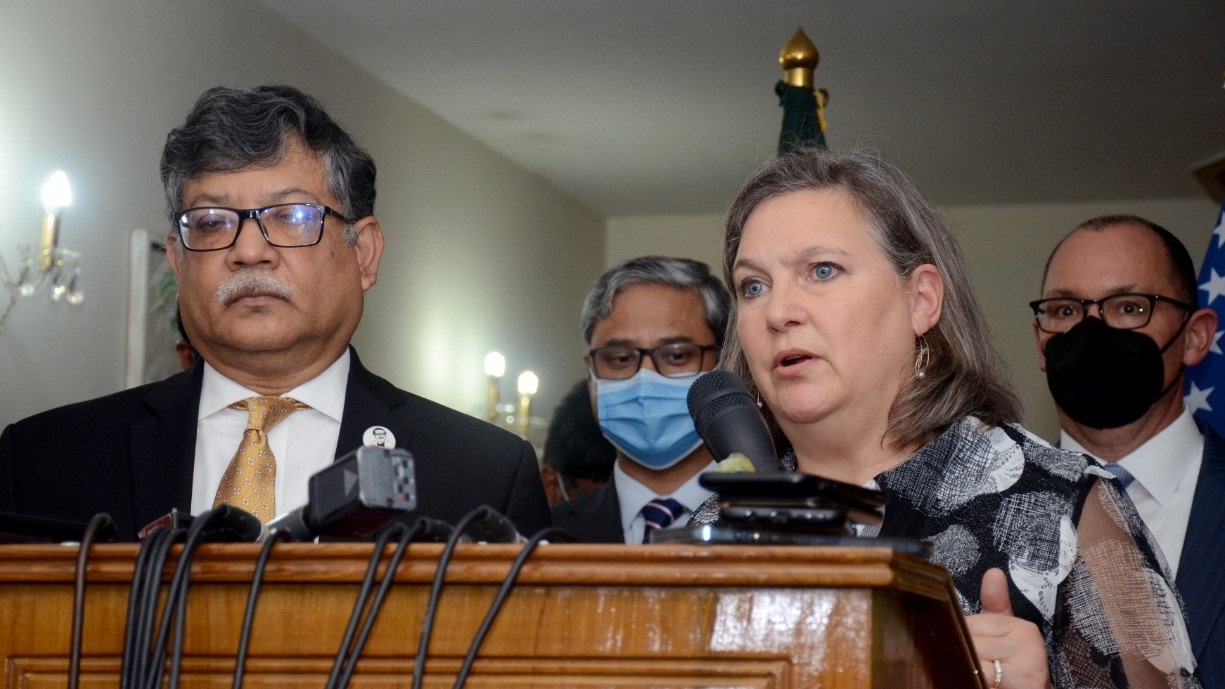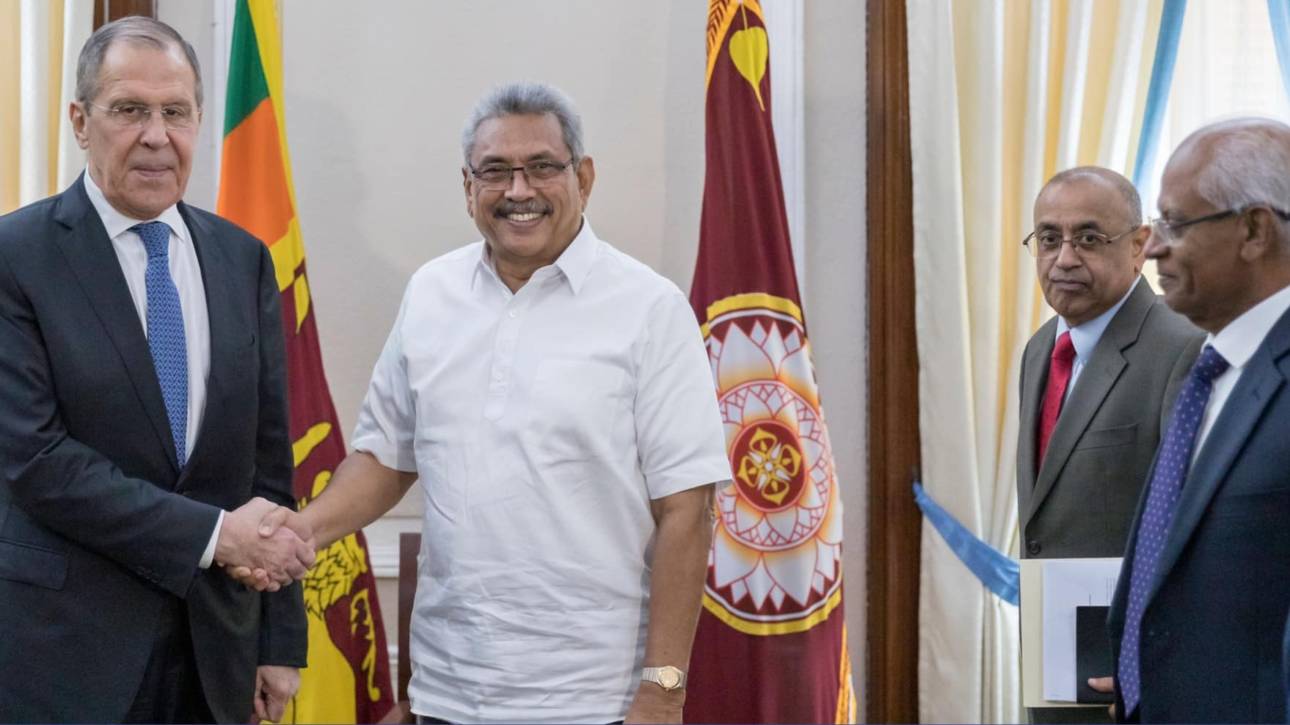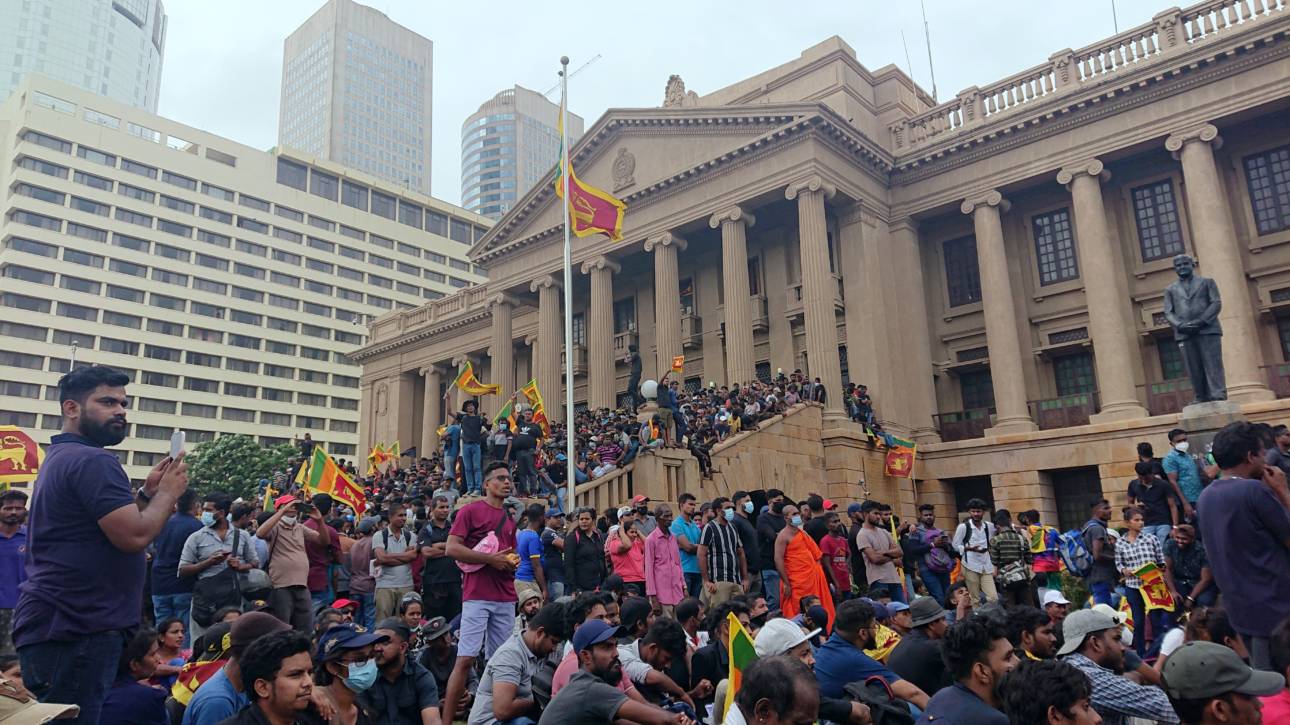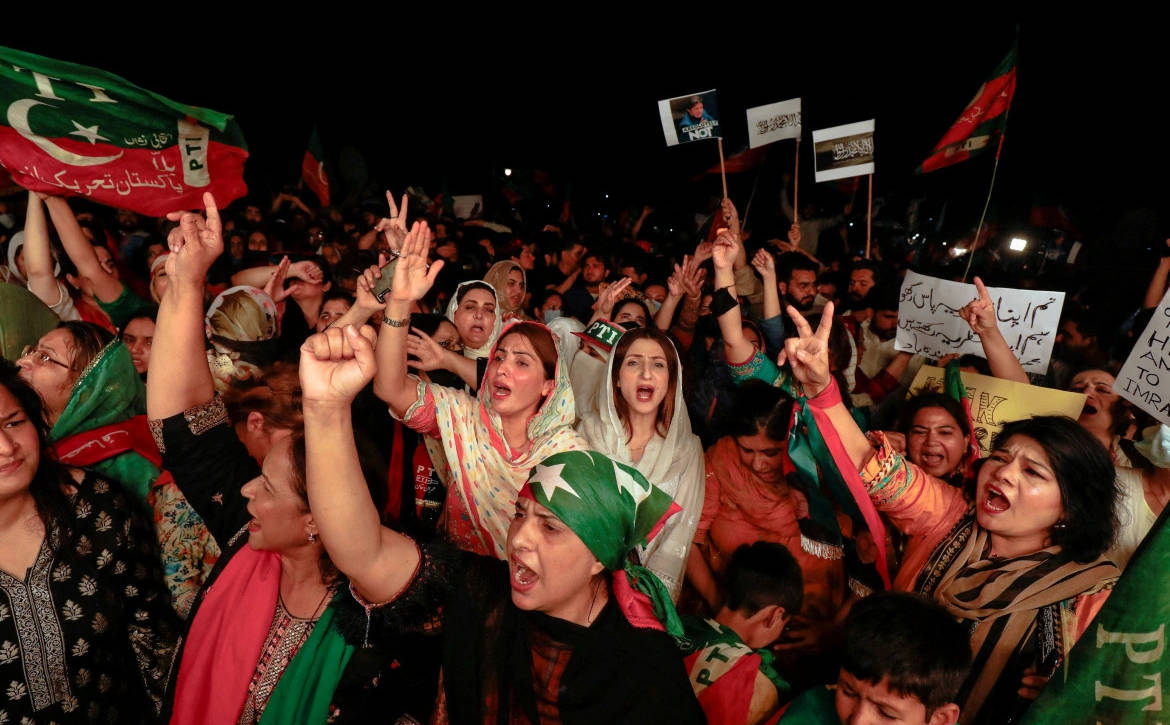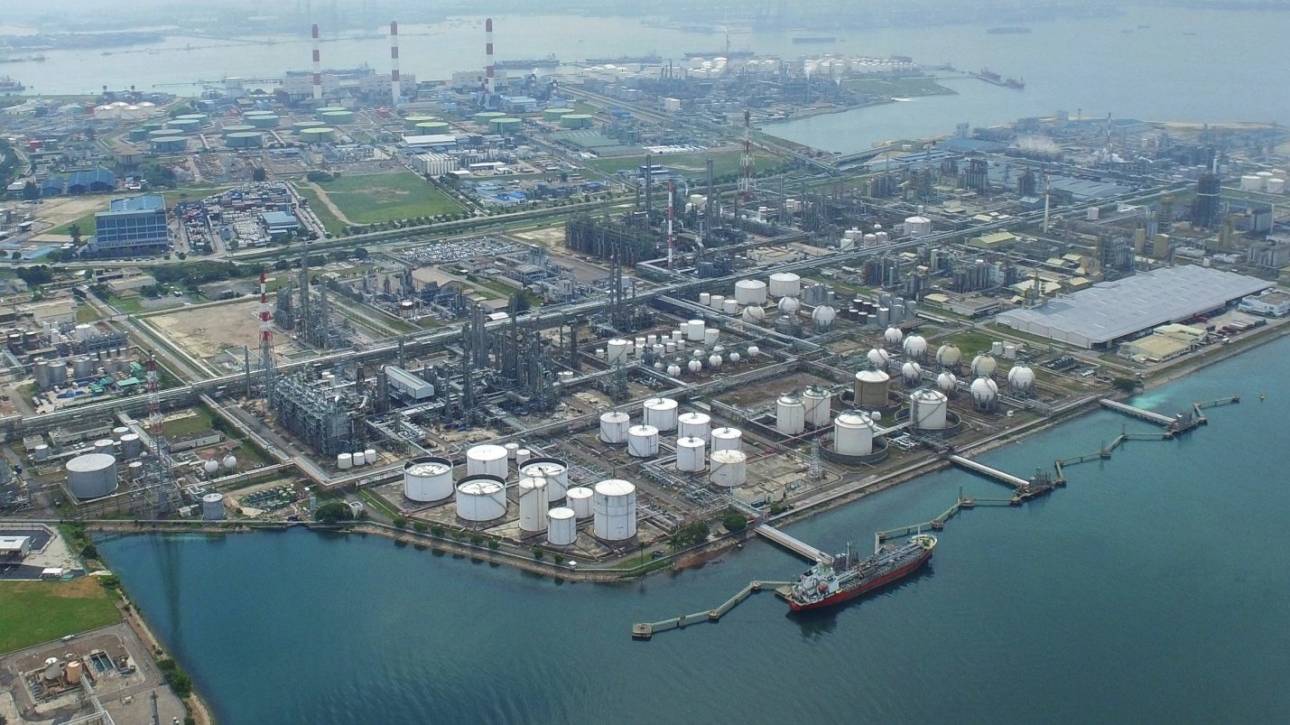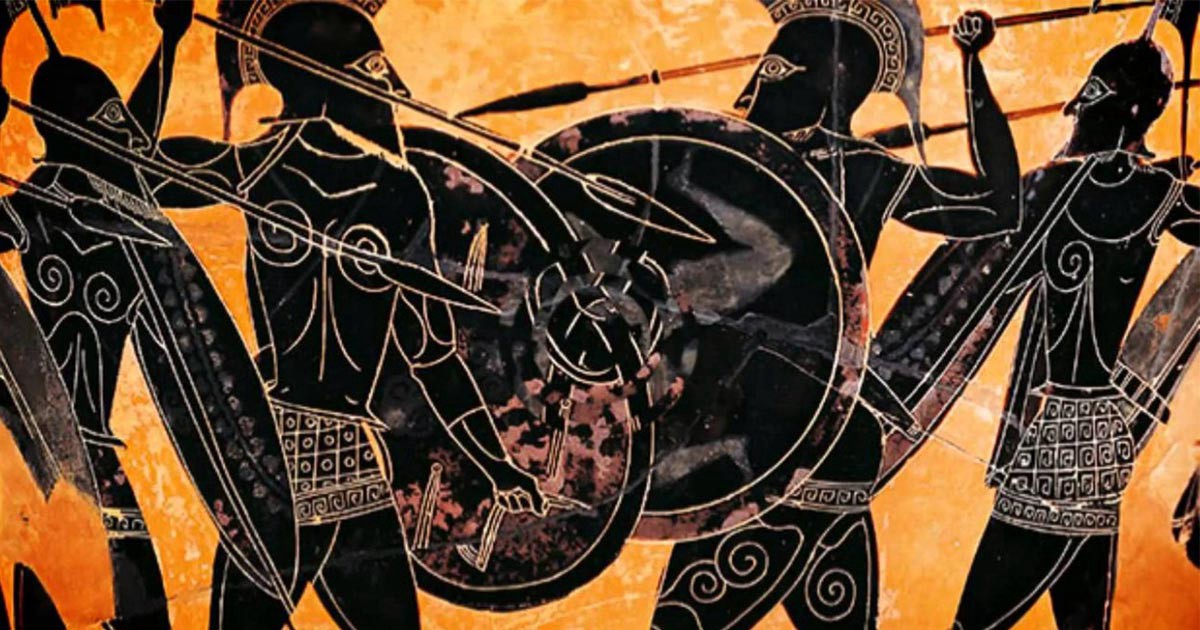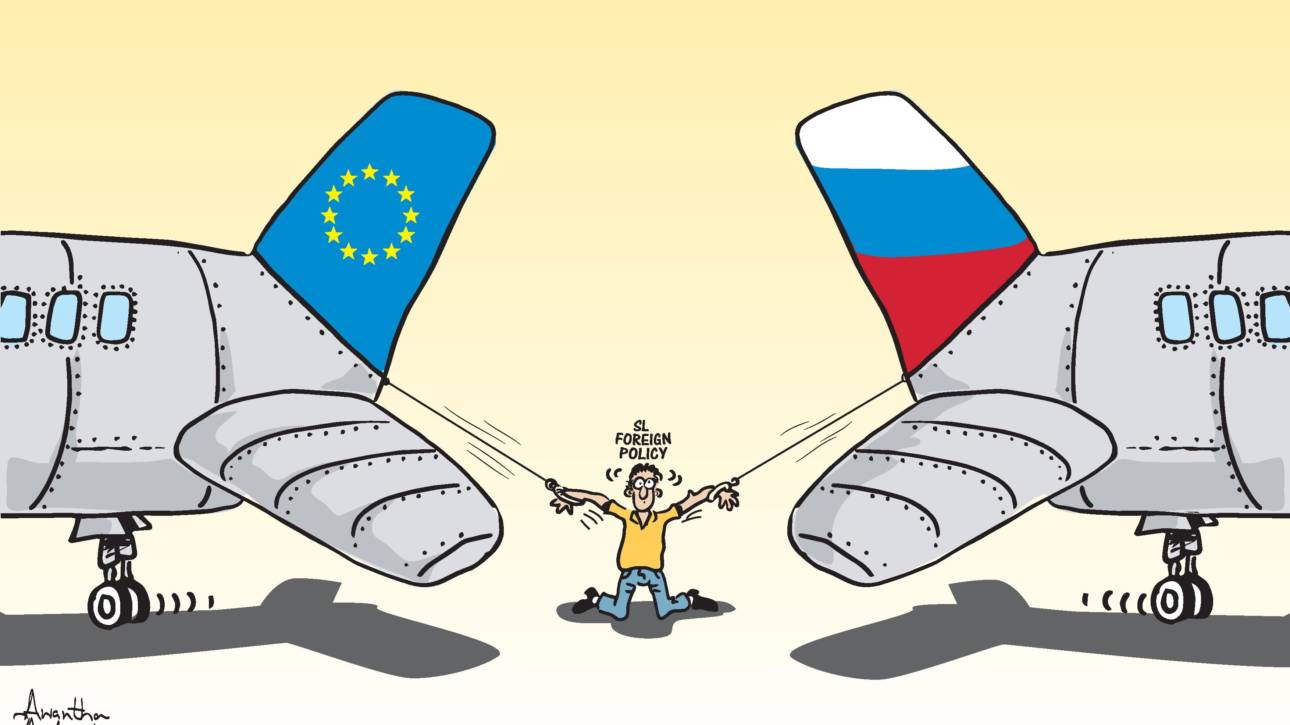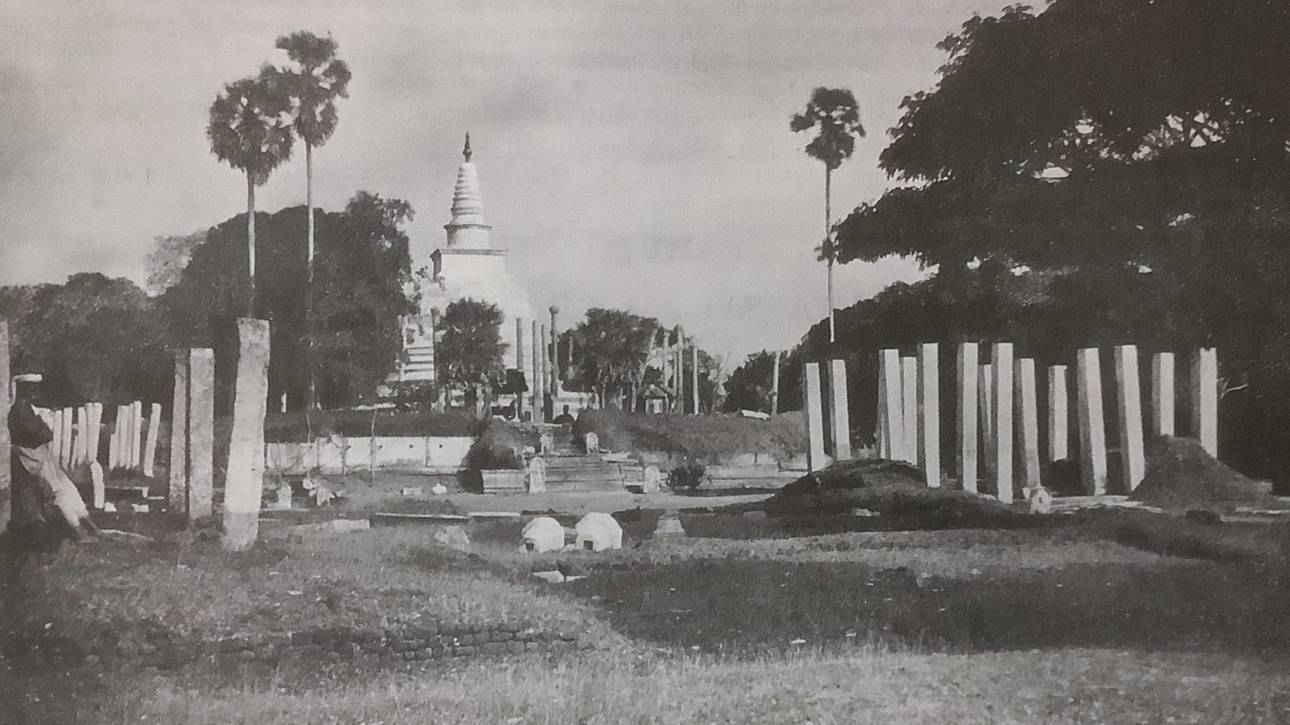By Admiral Ravindra C. Wijegunaratne
A Chinese spy ship docking at the Hambantota Port has become news in Sri Lanka and India. Yet very few seem to be asking as to what exactly a spy ship is. Simply put, it is a ship dedicated for reconnaissance missions, especially electronic eavesdropping.
A considerable number of countries…
